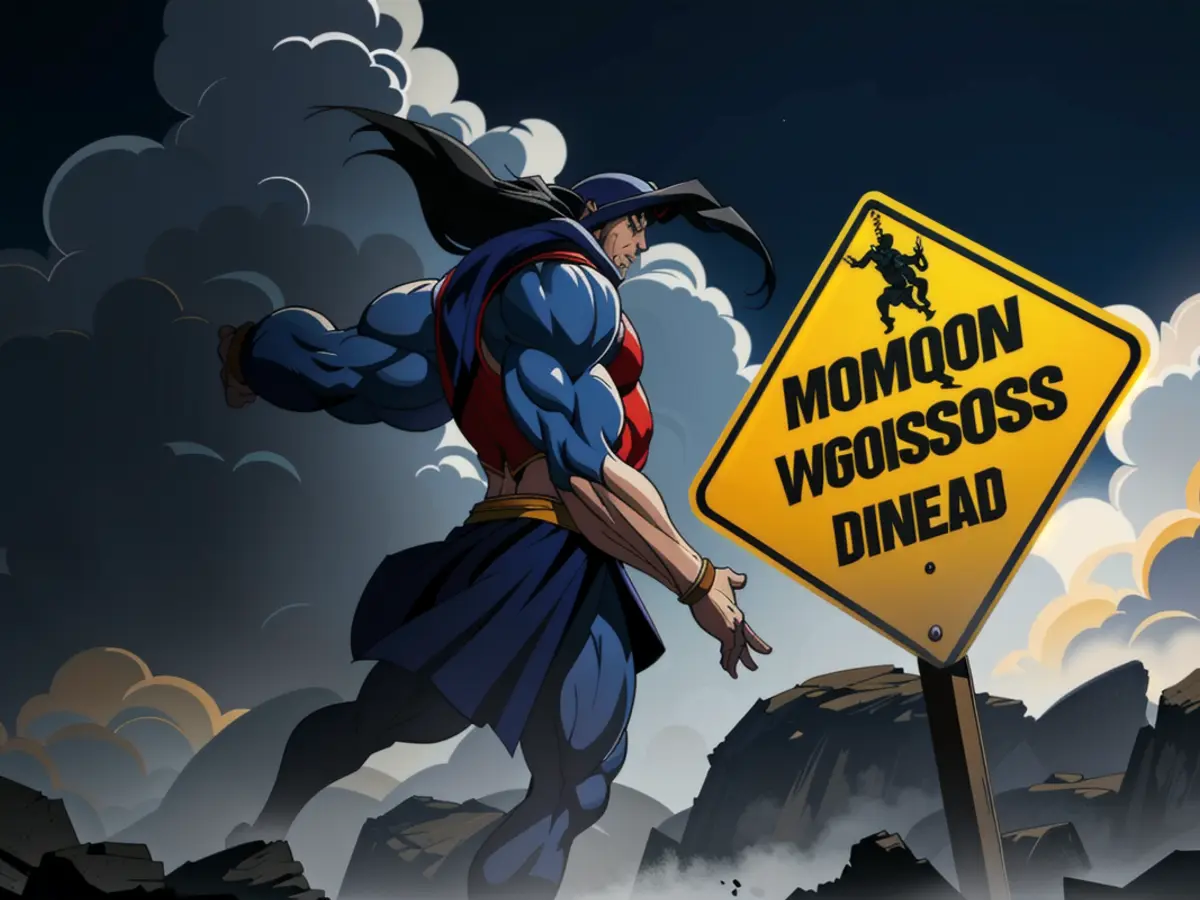Eli Manning's Induction into the Hall of Fame is Inevitable. Let's Explore His Earned Accolades
From the mid-2000s to the end of the 2010s, the pecking order of franchise quarterbacks was relatively consistent year after year.
Tom Brady and Peyton Manning held down the top spot, while Aaron Rodgers, Drew Brees, and Ben Roethlisberger hung out in the tier right below. Discussions then moved on to Matt Ryan and Philip Rivers.
As we can now analyze their careers in full, these divisions seem to be the cutoff points between them making it to the Hall of Fame or not.
There's no argument needed for Brady and Manning getting a spot in the Hall. Conversely, the case for Ryan and Rivers is unlikely to be strong enough for a bust.
The debate becomes more interesting in the middle tier. Brees's exceptional resume likely guarantees him a spot in the Hall of Fame.
Brees has a long, successful career, great individual statistical seasons, and a Super Bowl win. Rodgers and Roethlisberger, however, raise intriguing questions for the Hall of Fame.
Even though Rodgers has had a better career statistically and subjectively than Roethlisberger, the former has only one Super Bowl win to the latter's two. So, what will the voters prioritize?
This is a topic for another day, but it's an important distinction before the 2025 NFL Hall of Fame voting.
Throughout his career, Eli Manning was often categorized in the third tier of this quarterback ranking.
But when decision day comes for the NFL writers, you shouldn't be surprised if Manning, the former Giant, is given a golden jacket, and deserves a spot in the second-tier.

When the NFL announced the Hall of Fame finalists recently, once again, Manning was the center of debate in this grouping.
With this debate comes the discussion of his career statistics, which undeniably pale in comparison when compared to other Hall of Fame quarterbacks.
The only statistics Manning led the league in during a season are the following: interceptions (3 times), longest completion (twice), sack percentage, 4th quarter comebacks, and game-winning drives.
For his 16-year career, Manning had a 117-117 record, threw for 57,023 yards with a 60.3% completion percentage, had 366 touchdowns, and 244 interceptions. He ranked in the top 14 in NFL history in each of these categories.
With 234 career starts for the Giants, he held numerous franchise records for New York. However, his career leaves room for debate, and his legacy can often be seen as one of simply high statistical volume.
Even so, Manning is a prime example of the cliche used when determining if a player is deserving of NFL immortality: you cannot tell the story of football without number 10.
Manning only earned four Pro Bowl selections during his career. He never came close to winning the MVP, Offensive Player of the Year, or any other regular-season award to showcase his dominance.
However, Manning made his mark in the playoffs, a realm where his legacy may be more deeply appreciated than in the regular season.
Statistically, Manning had better per-game metrics in the playoffs (87.4 passer rating, 60.5% completion percentage, 18:9 touchdown-to-interception ratio, and 6.93 adjusted yards per passing attempt).

Manning had a 8-4 record in the playoffs, with a 5-2 mark in road playoff games. He managed to rank within the top 25 quarterbacks in NFL history with those eight playoff victories, despite only reaching the postseason in six of his 16 seasons.
More importantly, Manning wins twice against the New England dynasty in the Super Bowl.
In both Super Bowls, Manning finished with impressive numbers (49 completions out of 74, 551 yards, 3 touchdowns, 1 interception, and 95.5 passer rating). These performances earned him two Super Bowl MVP titles, joining an elite group of six players to achieve that feat (Bart Starr, Terry Bradshaw, Joe Montana, Tom Brady, and later Patrick Mahomes).
While Manning will always be remembered for his Super Bowl performances, his two postseason runs to get there were equally memorable.
In 2008, Manning led New York on the road in all three games, defeating the Buccaneers, Cowboys, and Packers to have a shot against the undefeated Patriots. 2011 was just as challenging, defeating the Falcons, Packers, and 49ers once again for a showdown against Brady.
In those two playoff runs, Manning threw for an impressive 15 touchdowns with just 2 interceptions.
Eli Manning may never be part of the conversation for the best quarterback in NFL history. However, fewer names may be required before Manning's name enters the conversation. And the only names unquestionably ahead of Manning in terms of their impact on an organization are those either enshrined in Canton or on a trajectory to join them.
So, prepare for Manning's legendary playoff performances to be included on his plaque in Ohio, as Manning may not only make it into the NFL Hall of Fame but does so in his first year on the ballot.
In 2021, New York Giants legend Eli Manning was named a finalist for the NFL Hall of Fame. Despite having career statistics that fall short compared to other Hall of Fame quarterbacks, Manning's impressive playoff performances, including two Super Bowl victories and Super Bowl MVP titles, have positioned him as a strong contender for induction. Following in the footsteps of famous New York Giants quarterbacks like Y.A. Tittle and Lawrence Taylor, Eli Manning's potential induction into the Hall of Fame would further cement his place in the history of football in New York City, adding his name to the Hall of Fame's 'new york' section.








